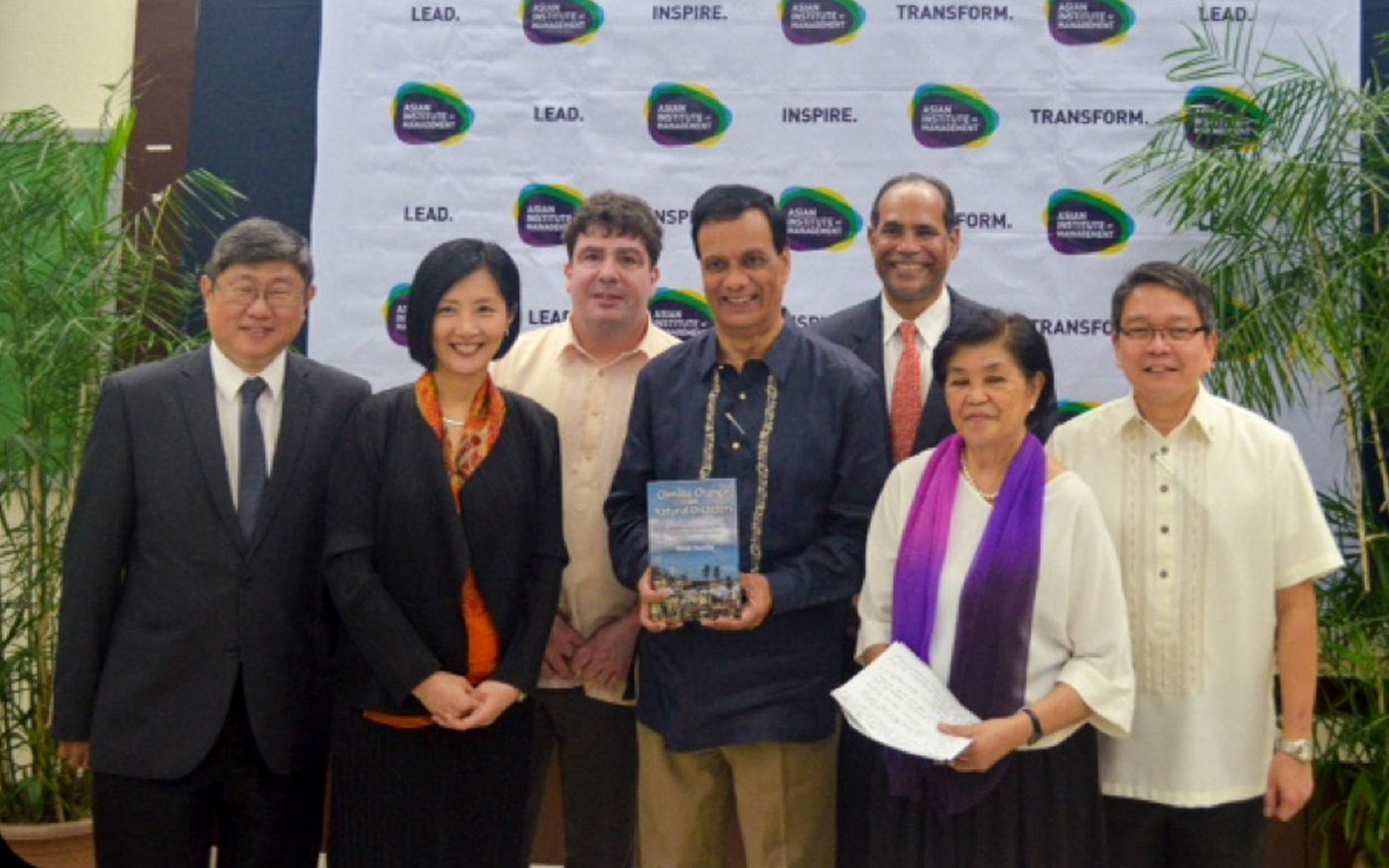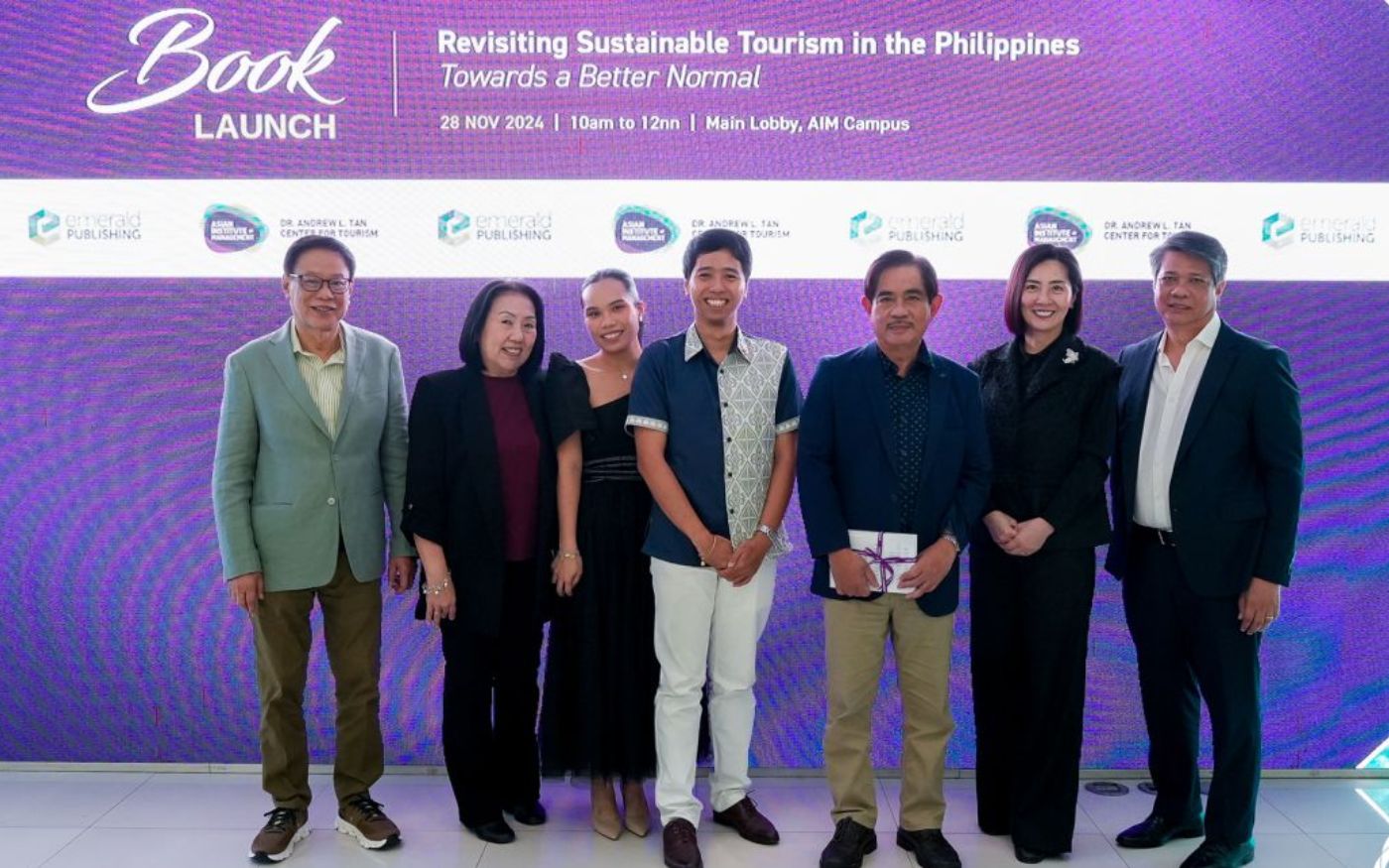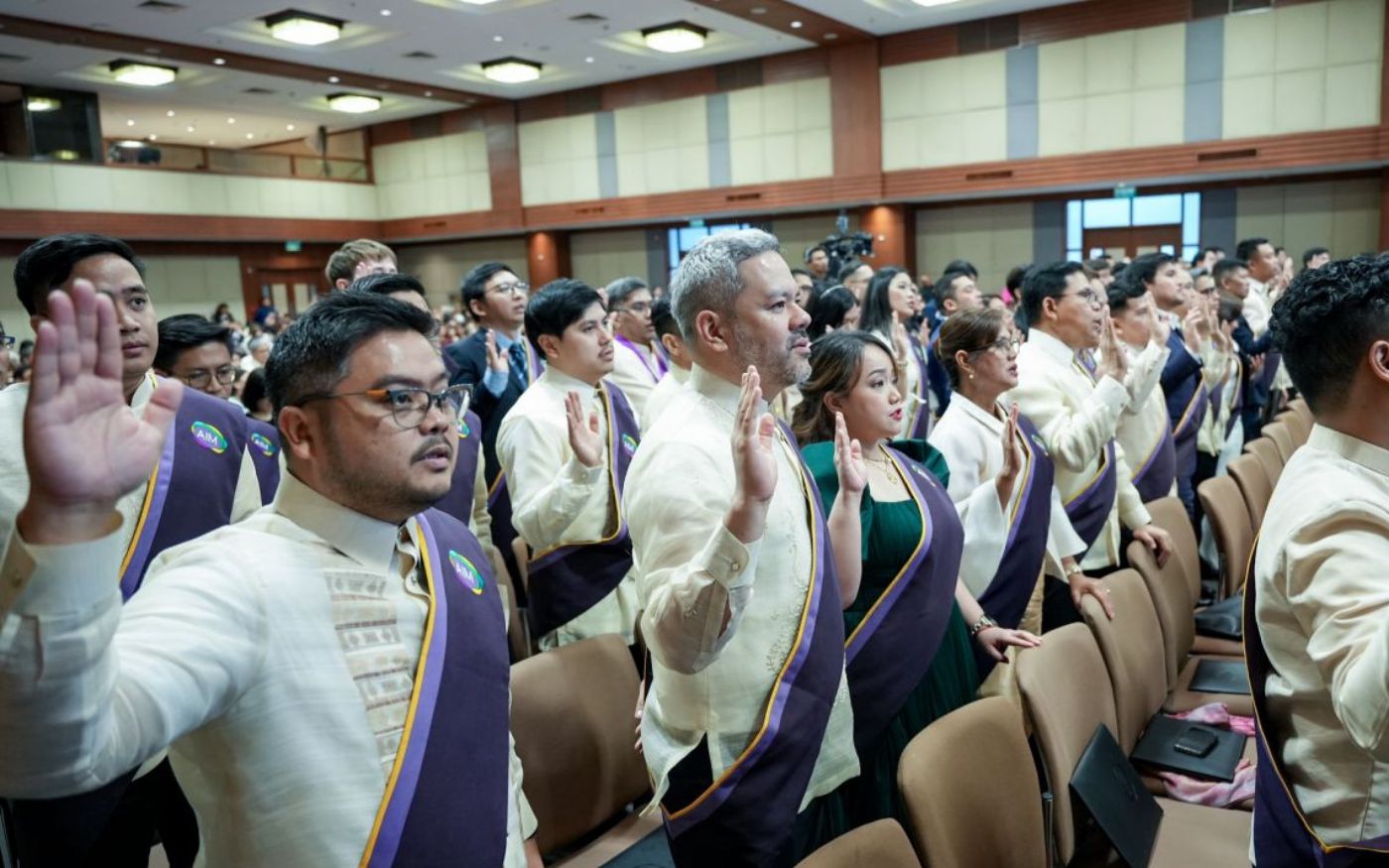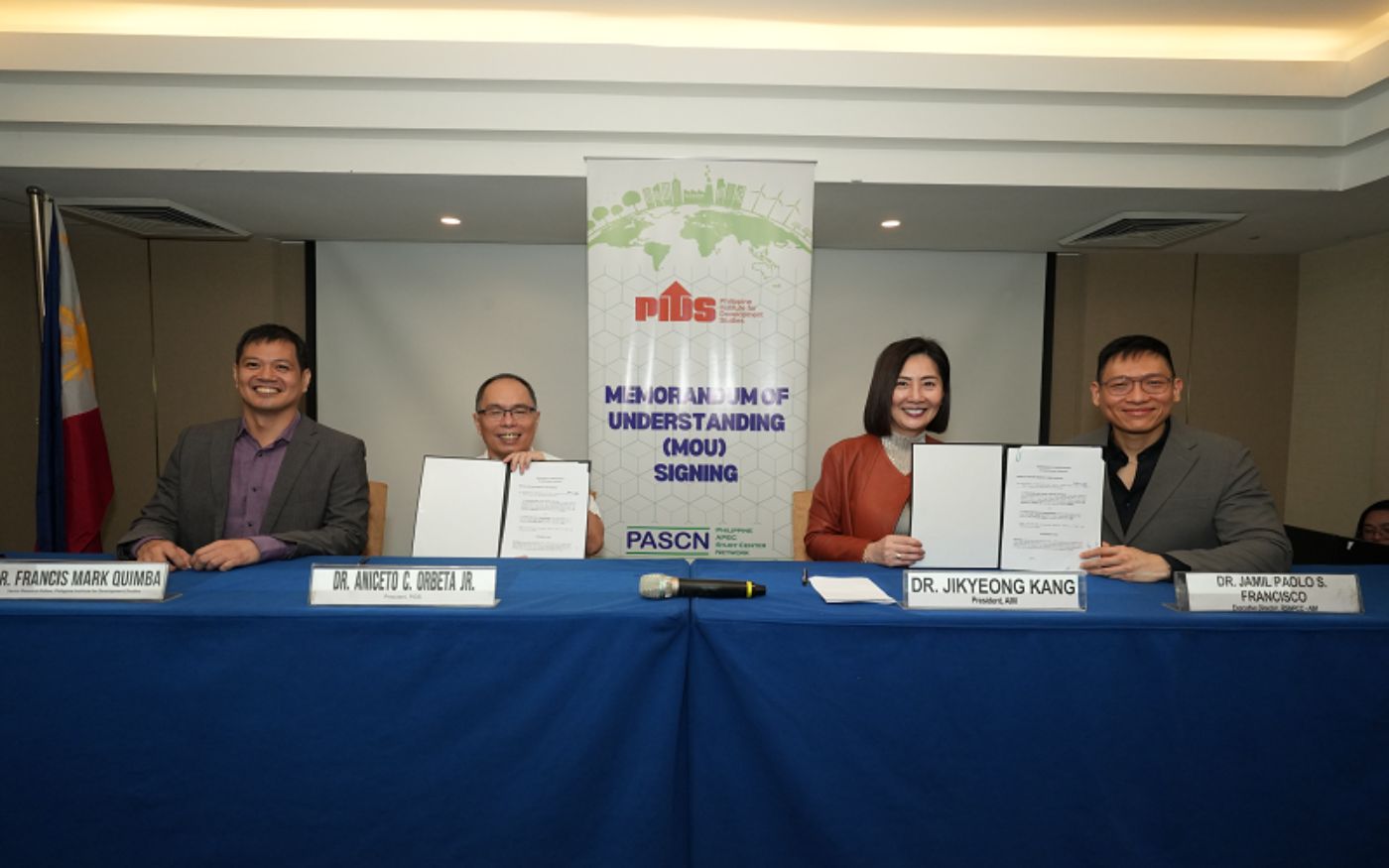The Stephen Zuellig Graduate School of Development Management (ZSDM) of the Asian Institute of Management will soon be launching new short courses and a Master in Disaster Risk and Crisis Management (MDRCM) degree program. These form a vital part of the Institute’s advocacy to society and its response to the complex issues that challenge sustainable business and human development.
In light of the Institute’s plans, and in collaboration with the Asian Development Bank, AIM launched the book, Climate Change and Natural Disasters: Transforming Economies and Policies for a Sustainable Future by Dr. Vinod Thomas on 6 April 2017.
“With the launch this book,” Dr. Thomas noted, “AIM directs attention to the urgent need to build resilience against the growing danger of natural calamities, aggravated by climate change, in Southeast Asia and beyond. Growth ambitions of countries, be it 6% in the Philippines or India, are increasingly predicated on actions taken not only to respond and rebuild but also prepare and prevent disasters. For regions such as Southeast Asia, just as we prepare for financial crises, there need to be stress tests on the capabilities to handle multiple hazards and to shore up supply chains and livelihoods.”
The author chronicles the growing list of natural disasters in recent years and points out that the upsurge in extreme weather-related events underlines a worrying connect between natural disasters and climate change, driven by significant shifts in average weather conditions. The Philippines, along with Bangladesh, Cambodia and Japan, are among the nations acutely concerned about hazards of nature. The Philippines was ranked third (after Vanuatu and Tonga) in a 2016 global index of natural disaster risk, combining a country’s exposure as well as vulnerability to such risk.
Dr. Thomas writes about the consensus building that climate change has roots in human actions. “Now we know that the intensity and frequency of the hazards themselves are greater because of man-made global warming,” said Dr. Thomas. “This understanding profoundly affects how countries engage in disaster risk reduction. Economic growth projections are contingent on addressing climate change. Yet few of the forecasts take into account the impacts of climate change that are already evident, or the massive investment and resources that will need to be mobilized for climate action.”
Because of this, he stresses the importance of being prepared for the new climate danger, and the necessity for action on climate change. Climate-related natural disasters are no longer one-off occurrences, but rather systemic events that require preventive action. Disaster risk reduction is an investment that goes beyond relief and reconstruction to a dual approach of prevention and recovery. Dr. Thomas highlights the need to view investments in climate change mitigation as investments in economic growth. “The great floods of 2011 in Thailand was estimated to have cost the economy 13% of GDP. The losses from typhoons Ketsana and Parma which inundated much of Luzon in 2009 may have cost the Philippines nearly 3% of GDP.”
By considering all types of capital, including natural capital, climate action will drive economic growth, not hinder it. To deliver sustained growth and wellbeing, society needs to value natural capital, recognize the human hand in climate change, and take preventive action against climate-related calamities.
Dr. Vinod Thomas, expert resource person, thought leader, and author of the newly published book, Climate Change and Natural Disasters: Transforming Economies and Policies for a Sustainable Future, is a Visiting Professor at the Asian Institute of Management.
For more information regarding the Disaster Risk and Crisis Management program at AIM, email ZSDM: mdrcm@aim.edu or telephone +63 2 892 4011 ext. 1852.
For more information about the book, click https://aim.edu/vinod-thomas-climate-change-natural-disasters.





